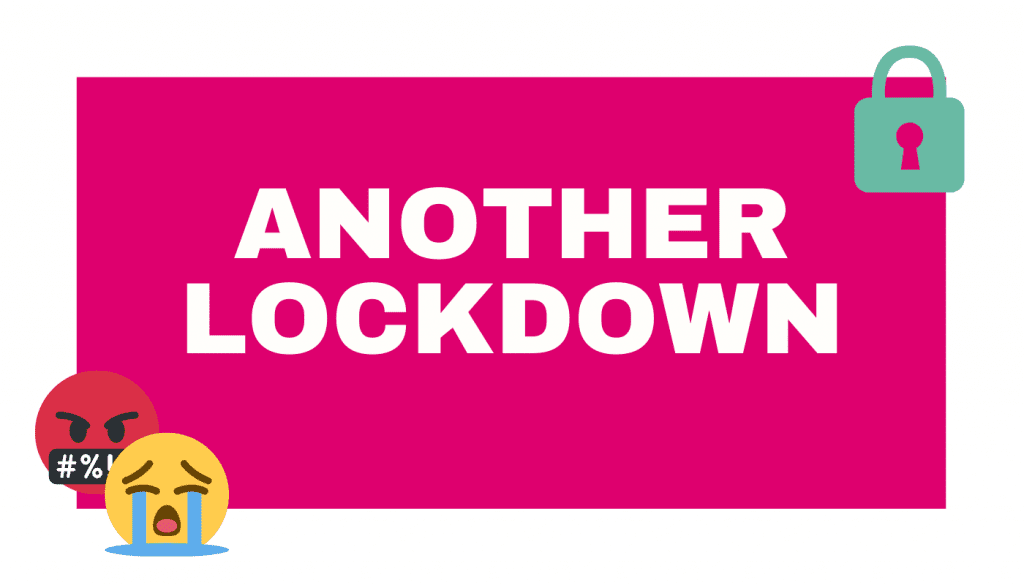
Yesterday the Scottish and English governments announced national lockdowns with schools being closed. The net result being all of England…

Yesterday the Scottish and English governments announced national lockdowns with schools being closed. The net result being all of England…

The UK Prime Minister, Boris Johnson, UK Chief negotiator David Frost and EU negotiator Michel Barnier continue to offer differing…
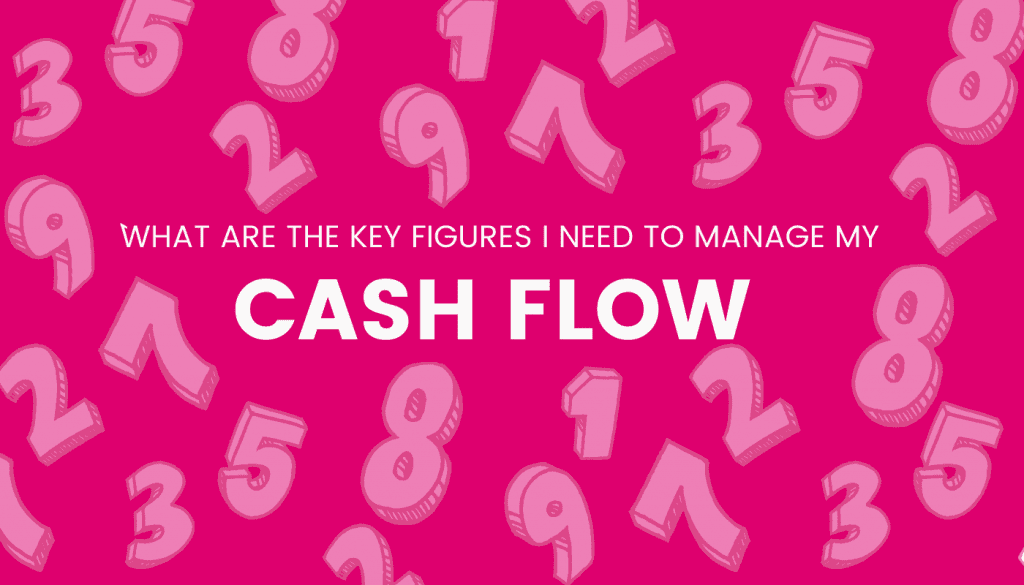
Running out of cash is one of the biggest reasons that businesses fail. It’s not surprising really, as forecasting your…
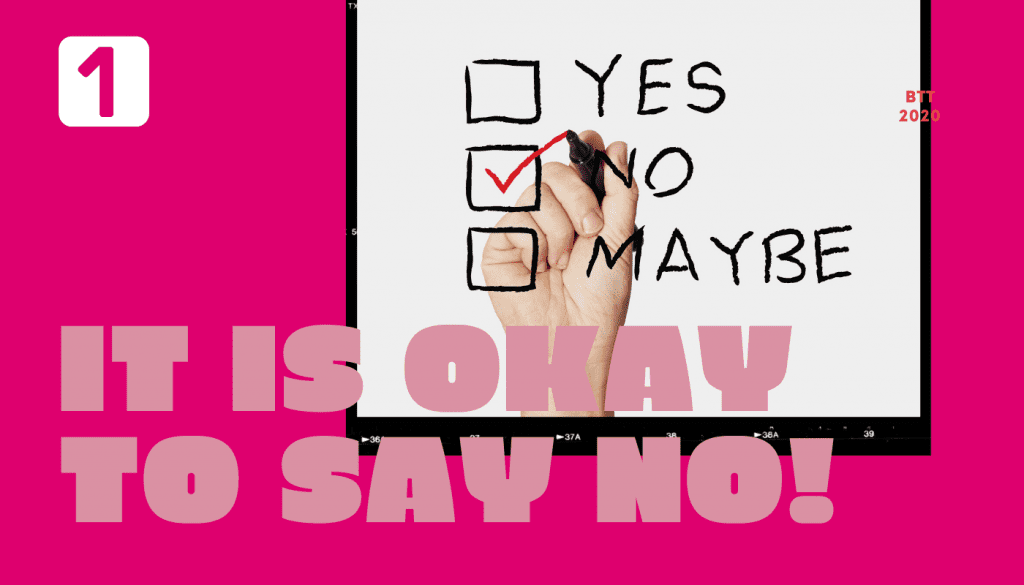
Are you saying yes to every piece of business coming your way? Do you hear yourself saying ‘I wish I’d…
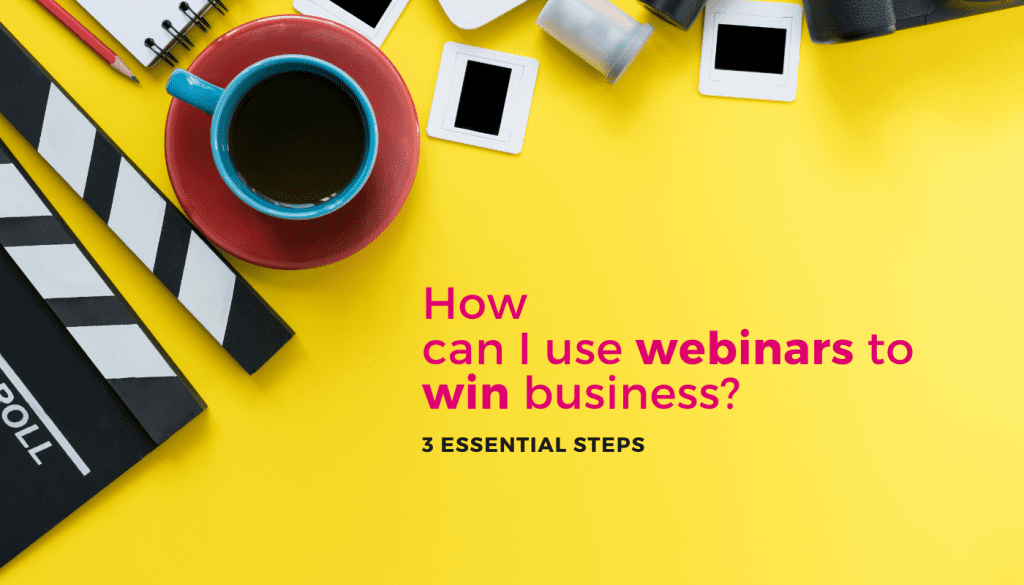
Webinar marketing is all about hosting online workshops to build a relationship with attendees and to promote and increase credibility…

Would you trust your life to someone who was not a doctor? Would you be defended in court without a…
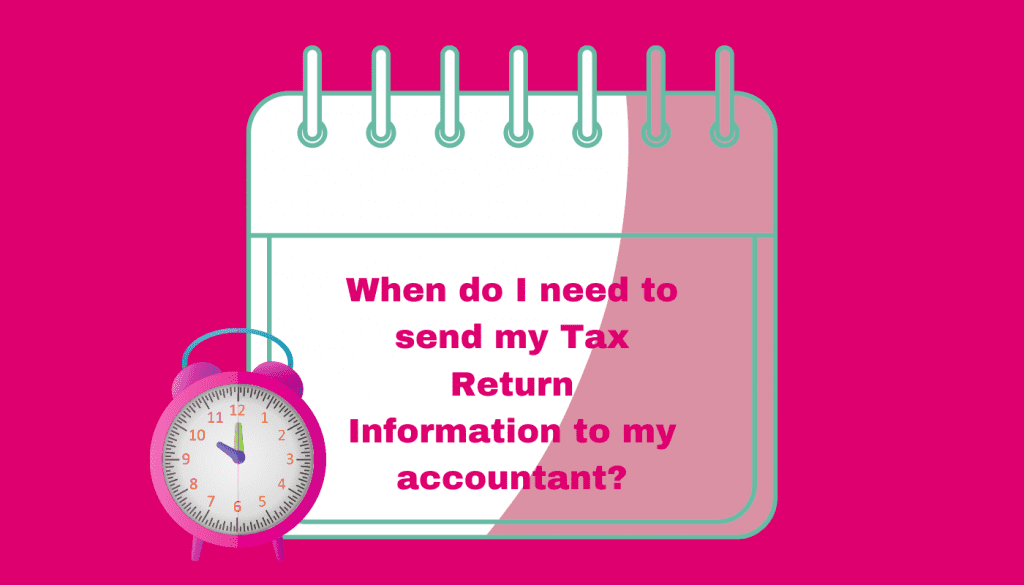
Your self-assessment tax return is the document that is needed to calculate how much tax you owe personally. This return…
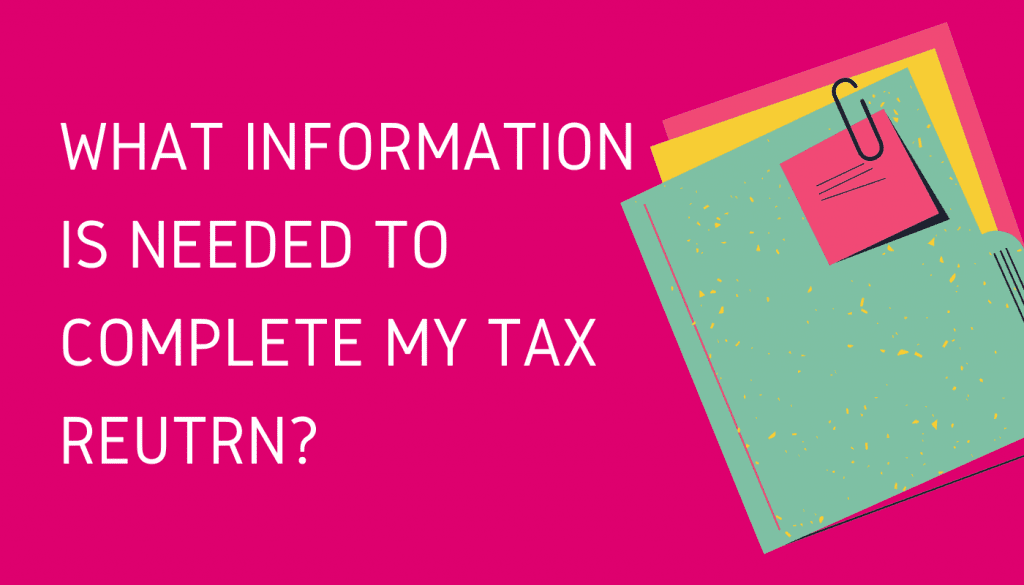
…… AND WHY! It’s that time again ….. tax returns! From the 6th of April, accountants start to request information…
As 2020 nears its end, it probably would be described as a very stressful year for many people. Perhaps, for…
What are the new business support schemes for covid-19? Yesterday the government announced more support for businesses and the self-employed….